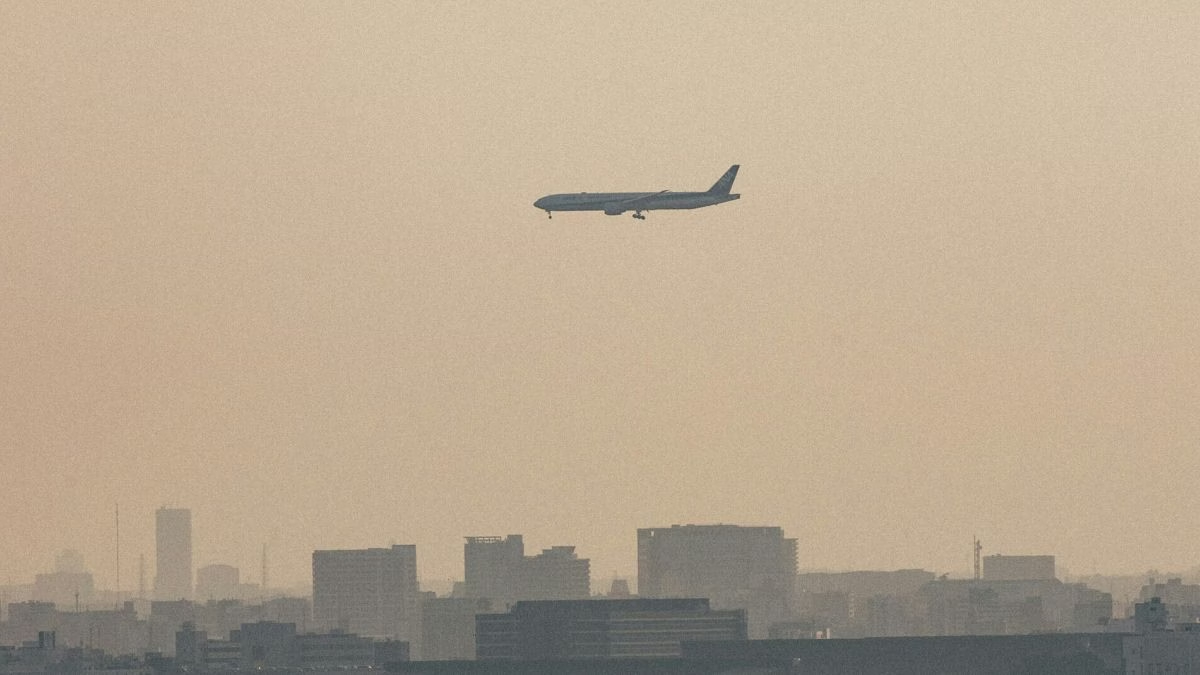Published on

ADVERTISEMENT
Residents of areas under flight paths may soon experience even louder noises from departing aircraft, as recent research suggests that climate change could increase airport noise.
A new study by the University of Reading reveals that due to global warming, European airports are likely to become noisier.
Published in Aerospace this week, the findings indicate that as temperatures rise, the mode of aircraft takeoff could change, leading airplanes to stay closer to the ground for longer periods and extending the reach of disruptive noise pollution.
Climate change’s impact on the noise from departing flights
The study analyzed aircraft performance at 30 European airports using ten climate models and three potential warming scenarios. The results are not predictions but projections based on the quantity of greenhouse gas emissions released by humans.
Since warmer air is less dense, the scientists found that aircraft need to generate less lift during takeoff. Consequently, the average climb angles decrease by 1-3 per cent, with the possibility of a 7.5 per cent reduction during extreme heat events.
A relatively small reduction in climb angle can cause aircraft to remain lower in the sky for a longer period over communities, potentially increasing noise exposure over European cities.
The study concentrated on the Airbus A320, a commonly used short-haul aircraft in Europe, and mapped the boundaries of its 50-decibel noise threshold — the point at which aircraft noise becomes noticeably loud.
In central London, approximately 60,000 people currently reside within this threshold zone. By mid-century, the researchers anticipate that climate-driven changes along with increasing population density may bring an additional 2,500 individuals into this zone.
Furthermore, an additional 2,000 individuals in Madrid and 1,500 in Lisbon, San Sebastian, and Dusseldorf could also encounter aircraft noise disruptions by that time.
Dr. Jonny Williams, the study’s lead author, emphasized that over the next few decades, thousands more individuals in London could suffer from noise pollution caused by climate change.
The growing European population confronts the consequences of climate change
The issue of airport noise may intersect with demographic transformations in European cities.
According to the European Commission, more than 83.7 percent of the continent’s population is expected to inhabit urban areas by 2050, up from 76.5 percent in 2015. This implies millions more individuals will be residing near transportation hubs, such as major airports.
At the same time, Europe is warming faster than the global average. In 2024, the continent experienced a record-breaking 62,000 heat-related deaths, a figure that has tripled due to human-induced warming.
A failure to significantly reduce carbon emissions could lead to the breaching of the 1.5°C temperature threshold as early as 2028, further exacerbating wildfires, droughts, floods, and heatwaves along with noise pollution.
Co-author Paul Williams stated that climate change is also linked to increased turbulence and airport flooding, in addition to making flights noisier, which could negatively affect persons living near airports.



